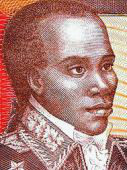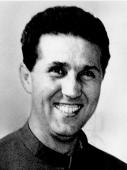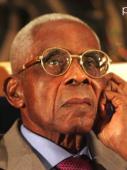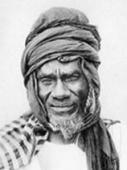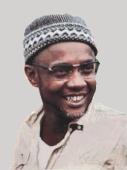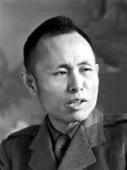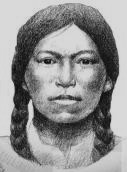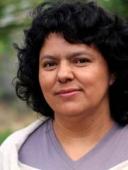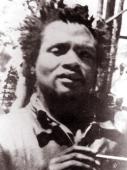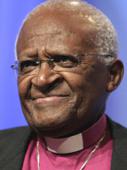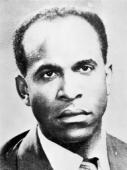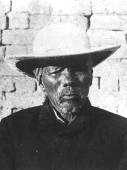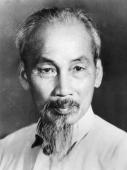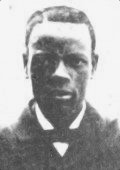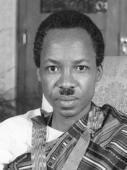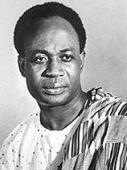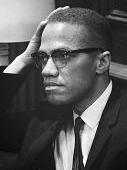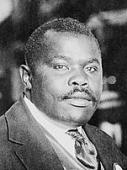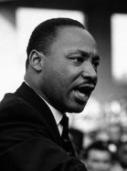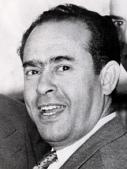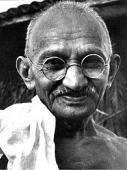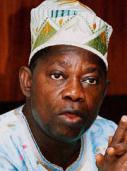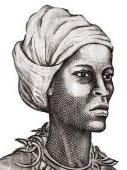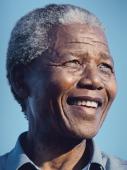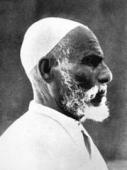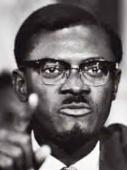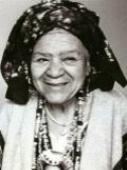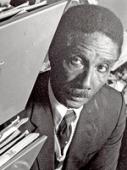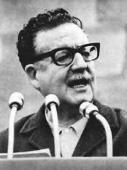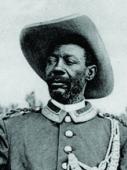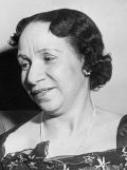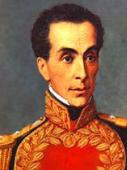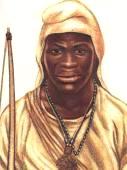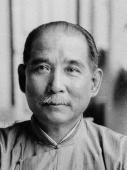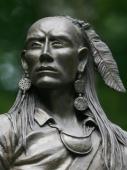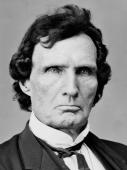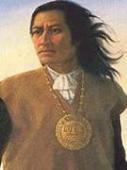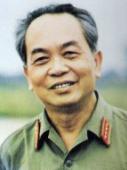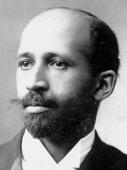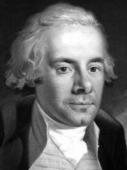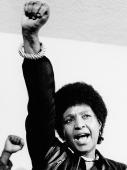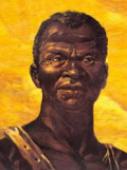The African Union, born in 2002 as evolution of the Organization of African Unity active since 1963, faces for the first time the issue of reparations with Resolution 1339, approved by the Council of Ministers of May 27 - June 1, 1991 by which it decides to establish a group of Eminent African and Africans to the Diaspora in the relevant fields to set out clearly the extent of Africa’s exploitation, the liability of the perpetrators and the strategies for achieving reparation.
The following year, with Resolution 1373 adopted by the Council of Ministers of February 24 - 28, 1992 it mandates the Secretary-General to form the support structures to the Committee of eminent personalities, thanking the Chief MKO Abiola of Nigeria for his commitment and its shares in favor of reparations, while With Resolution 1391 adopted by the Council of Ministers of June 22 - 28 1992 it calls on the Committee of eminent personalities and the Member States to give their full support to the measures undertaken by the Organization of African Unity in reparations for the wrongs done to Africa with the exploitation and the slave trade.
The first pan-African conference on reparations for the enslavement, the colonization and the African neo-colonization headed by MKO Abiola, was held in Abuja (Nigeria) from April 27 to 29 1993, it was sponsored by the Committee of Eminent personalities and by the Reparations Commission of the Organization of African Unity. The Abuja Proclamation [...] calls upon the international community to recognise that there is a unique and unprecedented moral debt owed to the African peoples which has Yet to be paid - the debt of compensation to the Africans as the most humiliated and exploited people of the last four centuries of modern history [...] Further urges the Organization of African Unity to call for full monetary payment of repayments through capital transfer and debt cancellation [...] Convinced that the claim for reparations is well grounded in International Law, it urges on the Organization of African Unity to establish a legal Committee on the issue of Reparations [...] Serves notice on all states in Europe and the Americas which had participated in the enslavement and colonisation of the African peoples, and which may still be engaged in racism and neo-colonialism, to desist from any further damage and start building bridges of conciliation, co-operation, and through reparation [...]
With the prison and the mysterious death of MKO Abiola the issue of reparations has a setback, but fortunately in the meantime some organizations promoted by people of African descent develop some pressure campaigns at the international level.
Born in 1993, the Africa Reparations Movement (UK) has organized some events to raise awareness and demand for return of African artifacts looted during the colonial period. It has ceased its attivities in 2000 following the death of its President, Congressman Bernie Grant.
The Movimiento panaficanista (ES), born toward halves the nineties of last century, has so far organized some conferences, denunciation campaigns and protest marches.
African Reparations (UK), founded in 2000, has formally requested apologies and reparations to the United Kingdom.
The Mouvement International pour les Réparations (FR), born in 2004, has so far organized events to raise awareness, protest marches and sued the French state seeking reparations for descendants of slaves of African descent in Martinique.
Since 2004 the reparation demands reappear in the official documents of the African Union.
In the Action Plan 2004 - 2007 of the Commission, approved by the Assembly during the third Summit from July 6 to 8 2004, one of the anticipated events for 2005 is the debate on slavery in all African parliaments, with the aim of declare it a crime against humanity and discuss the nature of reparations.
The Opening Speech of the sixth Summit on January 16 - 24 2006 held by Chairperson of the Commission Alpha Oumar Konaré recalls that the duty to keep alive the memory is a collective African struggle, which forces us to seek reparations, or in other words, the recognition of the crimes committed.
On June 27, 2009 in Luanda it's the turn of the Russian President Dimitri Medvedev, that during a visit to Angola, states that countries which previously had colonies in Africa should think to repay theirdebts to the African continent.
On September 23, 2009, in New York, it's the turn of the president on duty of the African Union Muammar al-Qadhafi, that during the 64th Session of the United Nations General Assembly, states that Africa deserves reparations, which amounts to 77.7 trillion dollars for the resources and wealth stolen in the past. He also declares that colonization should be criminalized and people compensated for the suffering endured during the reign of colonial powers.
At the end of 2009 a coordination of German associations organized on the occasion of the 125th anniversary of the Berlin Conference on the partition of Africa among the colonial powers, a long series of events calling fora radical change in the approach of Germany's colonial past with the recovery of historical memory, thinking andreparations and closing the events on February on 25 - 26 2010 with the organization of a Court that has recognized the legitimacy of these requests.
For further information:
The debt has not been paid, the accounts have not been settled

